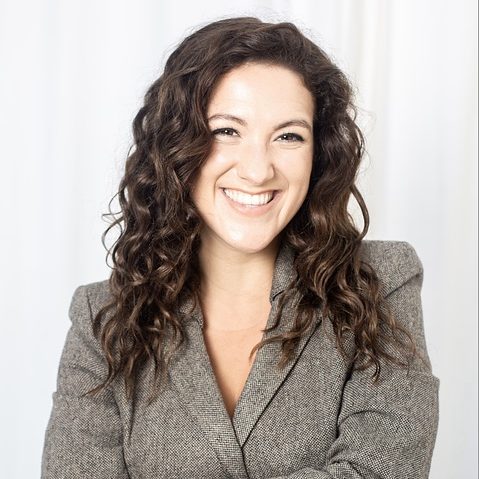Information for
Helpful Links
Take a look at our Program Finder to learn about the academic programs we offer.
We sincerely apologize for the inconvenience, but due to unforeseen circumstances, we have had to make a difficult decision to postpone our conference. We are working diligently to secure a new date and will provide updates as they become available. We appreciate your patience.
Award winning speaker on Restorative Justice, Somatic Healing, and LGBTQIA+ Inclusive Consent


